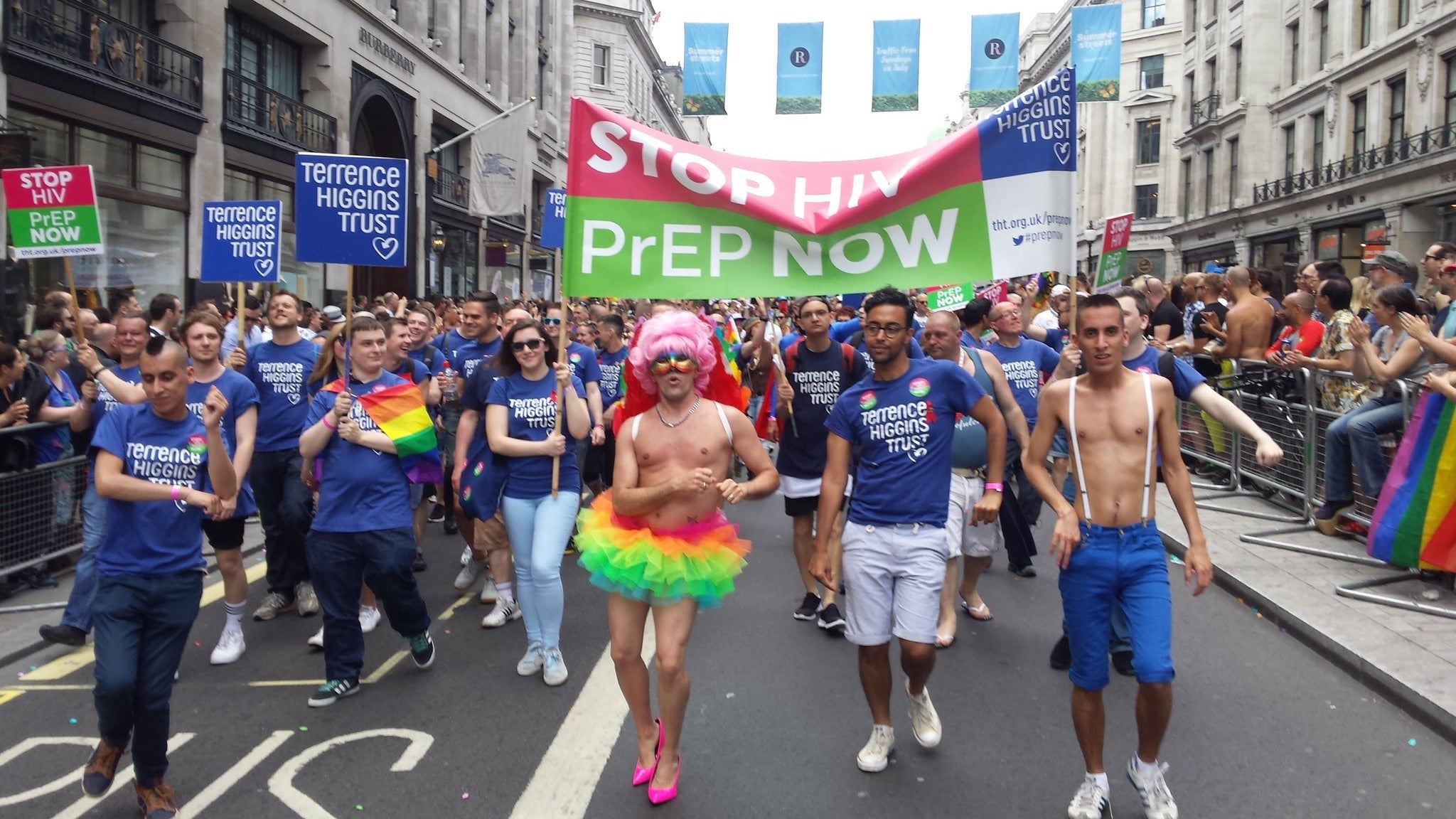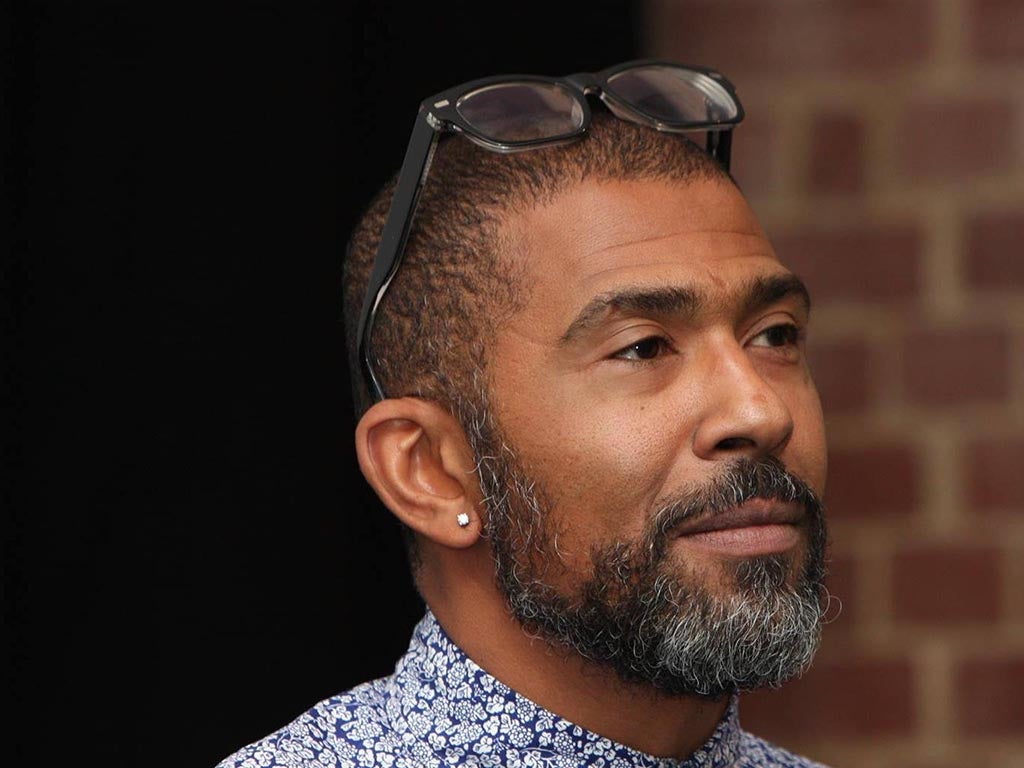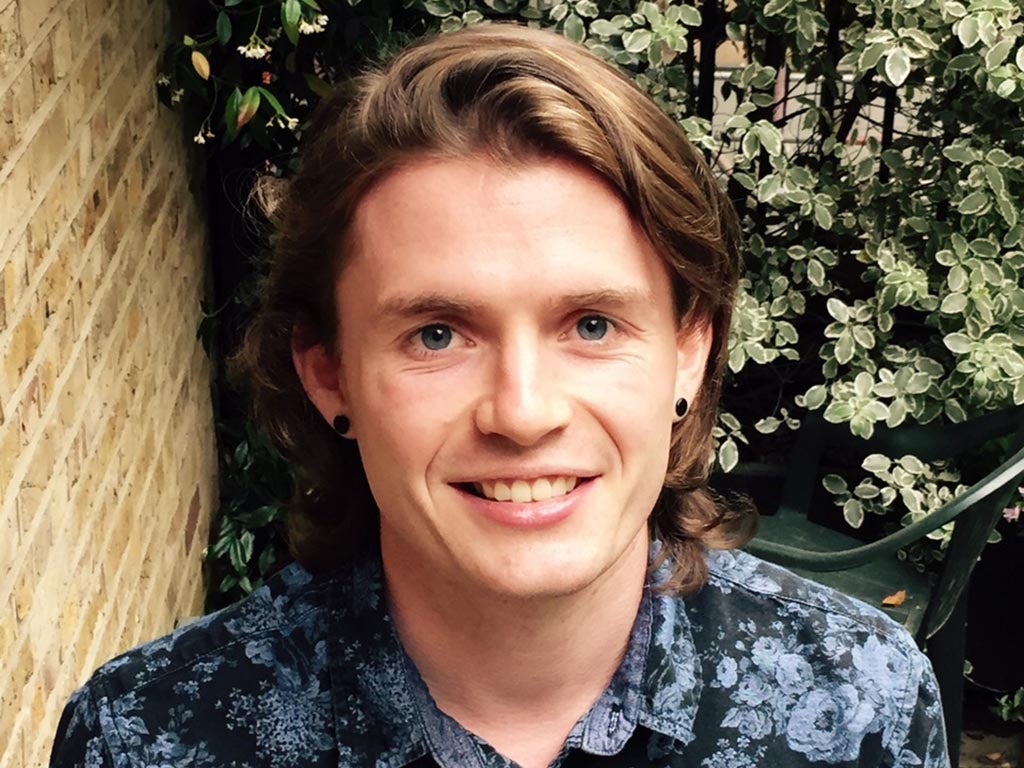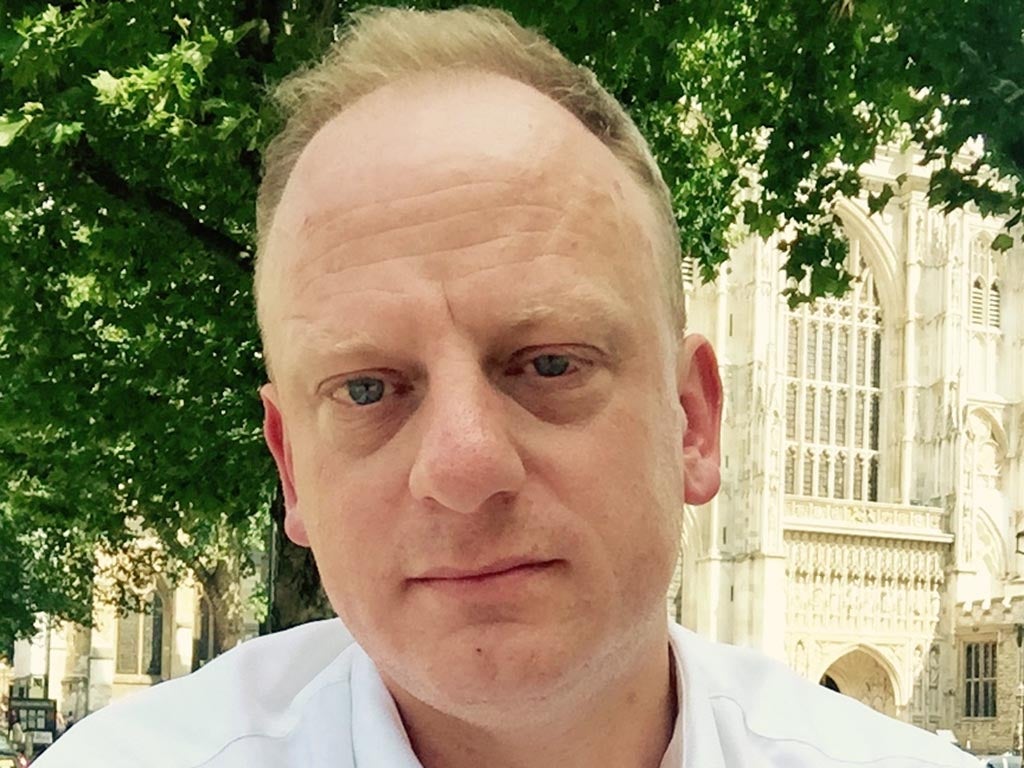Why we need PrEP: Four gay men share their views on the HIV prevention drug
In London an estimated one in eight gay men are living with the virus. A recent trial showed PrEP successfully reduced the risk of HIV infection by 86 per cent among participants. Now, the NHS is in the process of deciding whether to make the drug available

Your support helps us to tell the story
From reproductive rights to climate change to Big Tech, The Independent is on the ground when the story is developing. Whether it's investigating the financials of Elon Musk's pro-Trump PAC or producing our latest documentary, 'The A Word', which shines a light on the American women fighting for reproductive rights, we know how important it is to parse out the facts from the messaging.
At such a critical moment in US history, we need reporters on the ground. Your donation allows us to keep sending journalists to speak to both sides of the story.
The Independent is trusted by Americans across the entire political spectrum. And unlike many other quality news outlets, we choose not to lock Americans out of our reporting and analysis with paywalls. We believe quality journalism should be available to everyone, paid for by those who can afford it.
Your support makes all the difference.Health sector charities have issued a rallying call for the HIV prevention drug, Pre-Exposure Prophylaxis (PrEP), to be made available as soon as possible to those who need it. The community statement, led by a coalition of HIV organisations, including the National Aids Trust, the Terrence Higgins Trust, GMFA and the LGBT Foundation, comes at a time of rising transmissions among gay men.
“Six thousand people were diagnosed with HIV last year, including the largest ever number of gay men,” says Deborah Gold, chief executive of NAT. “If PrEP is not made available we are turning our backs on those most at risk, which would be a national disgrace. This community statement is our chance to demand access to PrEP as a public health imperative.”
With 3,250 gay men diagnosed in 2013, the highest figure for decades, men who have sex with men remain the most at risk to HIV infections. A quarter of those living with HIV don’t realise they have it, while in London an estimated one in eight gay men are living with the virus. With STDs like gonorrhoea and syphilis registering a rise in 2014 the situation is expected to worsen.
A recent live-trial, the PROUD study, demonstrated that PrEP successfully reduced the risk of HIV infection by 86 per cent among participants. Although PrEP does not offer protection against infections such as gonorrhoea, syphilis or hepatitis. Now, the NHS is in the process of deciding whether to make the drug available and if so to who.
Here, four gay men explain why access to PrEP is so essential.
Marc Thompson, 46

I'm a HIV positive man, I'm on treatment and I’m undetectable; so it's really unlikely I'm going to pass HIV on to my partner. But relationships can be a challenge as HIV can be a big barrier between me and guys I date. Sometimes sex lacks intimacy and you don't always get close to each other. There's always that fear in the back of your mind that HIV could be passed on. If we had PrEP it would take that fear away.
As a man who's been living with HIV, PrEP is really important because if I'm in a relationship or having sex with a man who's got a different HIV status to myself it shares the responsibility of protection. It enables us to both play a part in that.
Some people say that condoms are there and they're a great choice, but they haven’t stopped the epidemic. Condoms can be a barrier to intimacy and they don't always work either; but if my partner is on PrEP then he has that piece of mind as well.
There are men who have very high HIV prevention needs: men of colour, men with lower educational qualifications, younger men. They’re not always able to access condoms they're not always able to access the information that white, educated middle class gay men will have. PrEP gives them that additional choice. It's just about choice.
I'm on HIV treatment and that costs a significant amount of money, whereas PrEP is cheaper. So it just seems like a no-brainer. I think back to when I was diagnosed which was 30 years ago, I was a young black man so I had all of the prevention needs you can imagine. I would've been a perfect candidate for PrEP if it had been available. I certainly would have taken it and it would have been one less infection.
Cal Stroud, 23

PrEP would allow me to have sex without fear for the first time in my life. It would no remove that month long hangover of psychological anguish after sex, worrying about whether or not I might have put myself at risk of HIV and looking for the slightest sign. If I get a cold or a rash my mind will instantly jump to conclusions because of the anxiety I have around HIV.
I know it’s a completely irrational fear in many ways. Even when I know there's been no risk and I know the statistics, I should feel comfort but don’t. Even though I use condoms I still have anxiety. For me, wanting to use PrEP isn’t about not wanting to use condoms, it's about wanting to have that extra layer of security, both physically and psychologically, to not have to worry about it for the next month, which is what I tend to do.
I think a huge part of it is this post-traumatic stress disorder that this entire country has been left with because of the government campaigns back in the eighties. When I came out to my parents they straight away jumped to HIV; my mum got upset because she was really worried and thought it was an inevitability and that it was something that was going to happen to me.
The entire gay community is affected by this kind of anguish and it only fuels the epidemic because when people feel anxious they don't talk about it. When I try to talk about PrEP people make assumptions about me and try to turn the conversation into a moral debate about personal responsibility, but doing this won't stop the HIV epidemic. Empowering people to take control of their HIV risk with a range of tools that is what's going to help.
The thing about condom-less sex is that the expectation is not there that heterosexuals in long-term relationships are expected to wear condoms all of the time, so it's unfair to have that attitude of ‘just take personal responsibility and always wear condoms’ towards gay men. If I want to be able to let go and have completely liberated sex with a long-term partner then I deserve that.
Nick Perry, 42

I was clear in my mind that taking part in the PROUD study and taking PrEP would give me the option to not wear a condom where I routinely would. I would go to 56 Dean Street [a Soho-based sexual health clinic] fairly regularly, not because I felt I was particularly risky but because it's good practice to do so.
I don't need PrEP to stay alive, there are other things I can do to stop exposing myself to the same kind of risks, but the attraction of this is that it makes something fool-proof. It allows me to think protect myself when I'm brushing my teeth and not whilst I'm having sex.
Frankly, I saw it as a way of making sex less awkward, because in the real world even someone as relatively boring and sensible as me is liable to make an over optimistic judgement of the other guy and his status.
So I can now be a bit more relaxed about it. It's not changed my behaviour to the point where I have started to go wild. But that particular moment in time, when you reach over and grab the packet and awkwardly fumble around with it while we all whistle a tune, I've been able that out of the equation now and again.
Cost is a consideration; there is no escaping that. We don't deserve special treatment just because we're gay. We deserve special treatment, used literally, because the risk is higher. As we enter a period of time where we treat HIV more easily, I think there's an opportunity here to eradicate something that is in danger to becoming an epidemic.
Justin Harbottle, 33

I've been working in sexual health for over five years and I’ve felt there's always been a weakness in the HIV prevention tools we have, especially for guys who have sustained difficulties around condom usage. For me, what's so powerful about PrEP is that it offers guys another way to protect themselves if they’re struggling with using condoms.
Condoms are fantastic at stopping HIV, but only if you use them, and for some people this can be really difficult. For one, you have to use them in the heat of the moment (which isn’t a state-of-mind renowned for rational decision making, especially if you’re drunk or high), and even if you have made that choice, being assertive and able negotiate it with a partner can be a big barrier. So one of the great things about PrEP is it allows you to make the rational health choice at a time when it might be easier and without needing your partner’s agreement.
So, for those people who are most at risk of HIV and have really struggled with the main prevention tool which we've had, suddenly you've now got a different option for them. Crucially, not only do we know that it clinically works, but after the PROUD trial we know that it works really well in the real world too.
While condom usage remains the gold standard of HIV prevention, this shouldn’t stop us trying to understand that people might struggle with them. I think a lot of the concern around PrEP comes from the thought that ‘well you're taking PrEP to have sex without a condom’, which people see as a problem. But really I think that’s missing the point; you don’t need PrEP to have sex without a condom, people do this all the time. The only reason to take PrEP is to prevent HIV infections. And that’s a pro-health choice at its core.
Join our commenting forum
Join thought-provoking conversations, follow other Independent readers and see their replies
Comments